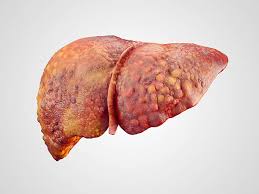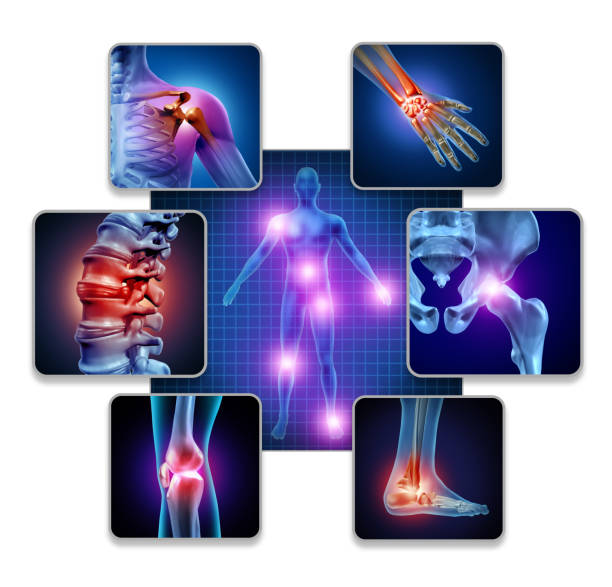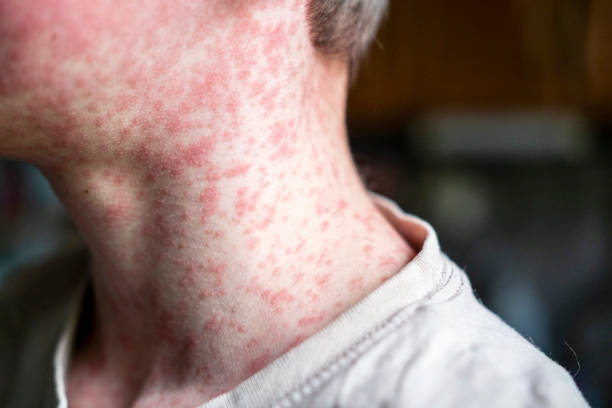Early Signs of Poor Liver Health and How to Manage Them

The liver is one of those organs we don't usually think about—until something doesn't feel right. It works quietly behind the scenes to perform more than 500 functions in the body, from detoxifying toxins to breaking down fats and storing nutrients. But when it begins to falter, your body will start to exhibit subtle symptoms that are easy to dismiss or brush off as "just tired."
Sensing these initial indicators could be a way of handling things before they become more complicated. Let's examine some of the most prevalent signs that could indicate your liver isn't as well-adjusted as it needs to be, and some easy methods individuals tend to enhance liver wellbeing on a day-to-day basis.
1. Constant Fatigue
Fatigue is the most frequently cited symptom associated with liver issues. We're not speaking of the kind you experience when you have had a long day, but rather a sort of persistent, lingering low-energy level. It can be because the liver isn't efficiently processing toxins and nutrients, but it is caused by many other health issues as well.
2. Digestive Ups and Downs
A slow liver can make it more difficult for your body to absorb fats normally. This could manifest in feelings of bloating, nausea, or too full even after light meals. Others experience changes in their stools—such as pale or greasy stools—due to decreased bile production, which is something the liver typically does.
3. Skin or Eye Changes
Another early symptom reported by some individuals is a yellowish hue in the whites of the eyes or skin. This is referred to as jaundice and can happen if there's a buildup of bilirubin, which is something the liver usually eliminates. If it shows up, it's well worth talking to a healthcare professional.
4. Itchy Skin Without a Rash
Itching skin, when there's no rash or allergy visible, can at times be associated with liver issues. One of the reasons could be the accumulation of bile acids in the skin, and this is one topic that has been examined through research. It's not always because of the health of the liver, but it is a sign to look out for—particularly if it persists.
5. Sudden Weight Changes
Liver problems can even influence your appetite. You may be eating less and losing weight unintentionally, or gaining weight unintentionally in some instances, without altering much of your diet. This may have something to do with fluid retention or the alteration of metabolism.
Supporting Liver Health: Simple Habits That May Help
Not every case of tiredness or indigestion is linked to the liver. But if you’re noticing a combination of these signs, it might be helpful to consider your lifestyle habits and whether they’re supporting your liver’s natural function.
Here are a few things people often try:
a. Cutting Back on Processed Foods
Foods high in added sugars, saturated fats, and additives may put more pressure on the liver. Swapping these for whole, home-cooked meals when possible may help lighten the load.
b. Staying Hydrated
Drinking enough water is one of the simplest ways to help your body process and flush out toxins. Some people find that simply increasing water intake helps with digestion and energy levels.
c. Being Active (Even a Little Bit)
You don't need to complete a marathon, but some mild daily movement—such as yoga, stretching, or walking—can be helpful for blood circulation and metabolism. This could, in return, facilitate the liver in performing its functions more effectively.
d. Taking Supportive Supplements
Some people use supplements like milk thistle, turmeric, or a good health capsule (a general term used for health support formulations) to promote better liver function. While there’s some interest in these remedies, it’s always wise to check with a healthcare provider before adding anything new, especially if you’re already on medications.
e. Limiting Alcohol
Alcohol can be hard on the liver, particularly if consumed regularly. Cutting back on alcohol—or eliminating it altogether—can provide your liver with an opportunity to heal and work more efficiently.
Final Thoughts
Your liver gets the job done behind the scenes, and though it doesn't often complain, it can quietly send out signals if it needs a bit of assistance. Listening to your body, adjusting little things each day, and seeking medical advice when something doesn't feel right can be beneficial.
Have you experienced any of these signs yourself? What lifestyle choices do you use to promote liver health? Discuss in the comments.
Note: IndiBlogHub features both user-submitted and editorial content. We do not verify third-party contributions. Read our Disclaimer and Privacy Policyfor details.






